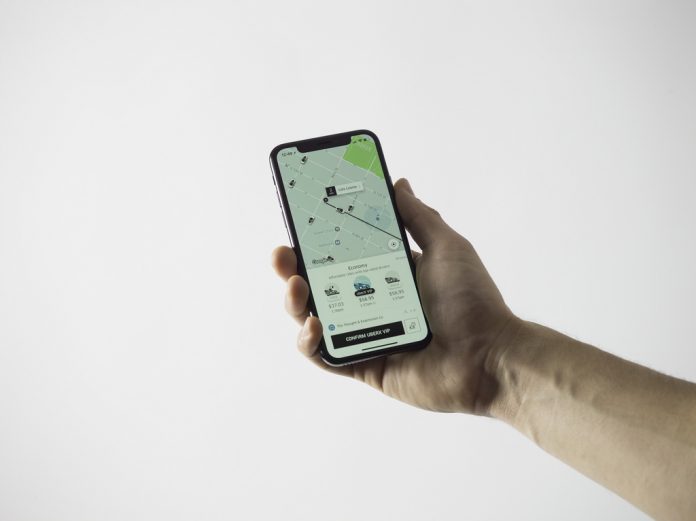
On the evening of March 17th In Tempe, Arizona, a self-driving Uber car crashed and killed 49-year-old Elaine Herzberg, a pedestrian identified by local authorities after the incident in Mill Avenue, South Curry Road. According to the police, Herzberg was pushing her bicycle across the street when the vehicle hit her, which has turned Uber’s dream innovation into a nightmare.
According to the local police, the incident occurred overnight, and with no signs of slowing down despite having 44-year-old Rafael Vazquez as a safety driver behind the wheel. Sgt Ronald Elcock said that Vazquez is, in effect, an Uber employee, who was not impaired at the time of the accident, and that the vehicle was in autonomous mode during the event.
The victim was transported to a local hospital where she ended up passing away due to her injuries. To this, an Uber spokesperson responded with “Our hearts go out to the victim’s family,” followed by an announcement that stated that the company was working with authorities in the investigation of the software failure on the Volvo.
Uber halted autonomous vehicle tests after one of its cars struck and killed a woman in Tempe, Arizona, in what is likely the first pedestrian fatality involving the technology https://t.co/eF8BT1lNvS pic.twitter.com/QCInmBtHYd
— Bloomberg Originals (@bbgoriginals) March 19, 2018
Uber sparks debate again over liability in autonomous car accidents
The accident marks the first injury and fatality caused by an autonomous vehicle, leaving the company with no choice other than to suspend ongoing self-driving tests in Toronto, Arizona, and Pittsburgh. This also signifies a potential legal blow to what was expected to be the most innovative way of transportation, affecting competitor Alphabet Inc. as well.
Both self-driving system makers Uber and Waymo have urged U.S. lawmakers to pass legislation on the introduction of autonomous cars. However, after the incident and with federal safety regulators sending teams to investigate the crash, several congressmen have halted their efforts over safety concerns.
On Sunday night, an Uber self-driving car in Tempe, Arizona struck and killed a woman—marking what appears to be the first time an autonomous vehicle has killed someone https://t.co/JG7RJTOJ8b
— WIRED (@WIRED) March 19, 2018
Police says Uber likely not at fault in accident
Chief of Police Sylvia Moir stated that cameras equipped on the vehicle served as evidence for further investigation on the case, but she pointed that the victim was more responsible for the accident than the vehicle itself.
Chief Moir stated “It’s very clear it would have been difficult to avoid this collision in any kind of mode autonomous or human-driven based on how she came from the shadows right into the roadway The driver said it was like a flash, the person walked out in front of them, his first alert to the collision was the sound of the collision.”
Uber’s self-driving software or autonomous mode requires cars to be fitted with a variety of equipment in order to detect its surroundings. This system involves radar laser sight, GPS, odometry, and computer vision, all connected to a camera with an enabled sensorial tracker.
Source: Reuters










